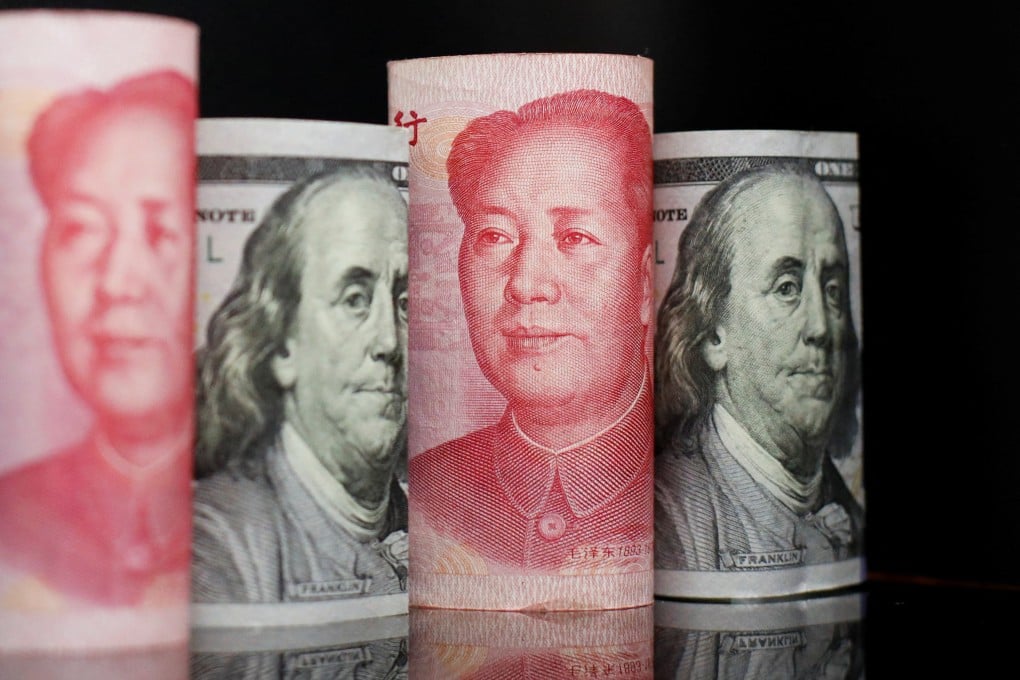Advertisement
The View | After decades of US hegemony, the global shift away from the dollar is suddenly picking up speed
- With Asean, BRICS and Shanghai Cooperation Organisation members pushing to settle trade and payments with each others’ currencies, the rush to ‘de-dollarise’ is gaining momentum
- States put off by US sanctions and a weaponised dollar are increasingly taking advantage of the rise in alternatives to the US-led economic system
Reading Time:3 minutes
Why you can trust SCMP
35

The Ukraine war has caused seismic geopolitical and economic shifts, with Russia and China leading a rush to “de-dollarise” trade. Last week, Brazil began to accept trade settlements and investments in yuan. The week before, China paid yuan for liquefied natural gas from France’s TotalEnergies on the Shanghai Petroleum and Natural Gas Exchange – its first yuan-settled international LNG trade.
That same week, Asean’s finance ministers and central bank governors gathered to discuss greater cooperation in using local currencies for the region’s trade, with Indonesia suggesting a move away from Visa and Mastercard. Last month, Saudi Arabia, which China has been persuading to move towards yuan-settled oil and gas trade, decided to become a dialogue partner in the Shanghai Cooperation Organisation (SCO).
Both the kingdom and Iran, which has long supported a move away from the dollar, have expressed interest in joining BRICS, the bloc comprising Brazil, Russia, India, China and South Africa that, like the SCO, is interested in developing alternative payment and settlement systems to dollar-denominated ones.
Any currency that seeks to compete with the US dollar in trade settlement must be both stable and from a non-sanctioned country. Established trading currencies such as the euro, yen and pound are from countries allied geopolitically with the US, so for those seeking to lessen dollar dependence, the only currencies to consider are those of BRICS nations. Of these, only the yuan appears to be seeking an international role.
Russia, while an early proponent of de-dollarisation, has been economically isolated since its 2014 annexation of Crimea and especially so after its invasion of Ukraine.
De-dollarisation became a priority for Moscow after 2014, when it began to develop its System for Transfer of Financial Messages (SPFS), an alternative to the Swift banking system. Russian President Vladimir Putin has sought participation from other pariah states such as Iran, and the SPFS has been crucial in integrating Iran into the Russian financial sphere.
Advertisement
